Does God Need The Church
$39.95
Are not all religions equally close to and equally far from God? Why, then, the Church? Gerhard Lohfink poses these questions with scholarly reliability and on the basis of his own experience of community in Does God Need the Church?
In 1982 Father Lohfink wrote Wie hat Jesus Gemeinde gewollt? (translated into English as Jesus and Community) to show, on the basis of the New Testament, that faith is founded in a community that distinguishes itself in clear contours from the rest of society. In that book he also described a sequence of events that moved directly from commonality to a community that was readily accessible to every group of people and was made legitimate by Jesus himself. Only later did Father Lohfink learn, within a new horizon of experience, that such a description is not the way to community. The story of the gathering of the people of God, from Abraham until today, never took place according to such a model.
Today Father Lohfink states that he would not write Wie hat Jesus Gemeinde gewollt? the same way. The situation of belief and believers has undergone a shift: the question of the Church has become much more urgent. Church life is declining and the religions are returning, often in new guises.
In light of these shifts and the change in his own view of community, Father Lohfink inquires in Does God Need the Church? of Israel’s theology, Jesus’ praxis, the experiences of the early Christian communities, and of what is appearing in the Church today. These inquiries lead to an amazing history involving God and the world-a history that God presses forward with the aid of a single people and that always turns out differently from what they think and plan.
in stock within 3-5 days of online purchase
SKU (ISBN): 9780814659281
ISBN10: 0814659284
Gerhard Lohfink | Translator: Linda Maloney
Binding: Trade Paper
Published: June 1999
Publisher: Liturgical Press
Print On Demand Product
Related products
-
Great Divorce
$17.99Add to cartC.S. Lewis takes us on a profound journey through both heaven and hell in this engaging allegorical tale. Using his extraordinary descriptive powers, Lewis introduces us to supernatural beings who will change the way we think about good and evil. In The Great Divorce C.S. Lewis again employs his formidable talent for fable and allegory. The writer, in a dream, finds himself in a bus which travels between Hell and Heaven. This is the starting point for an extraordinary meditation upon good and evil which takes issue with William Blake’s The Marriage of Heaven and Hell.
-
Essential Catholic Handbook (Revised)
$17.99Add to cartThis invaluable book for those who want a topical summary of “what it means to be Catholic,” is now even more useful. This expanded edition includes a new Introduction, the current list of holy days of obligation observed in the United States, the Prayer for Vocations preferred by Pope John Paul II, a new section on how to prepare for a sick call, an index, and much more.
An important reference work for any interested Catholic, especially those involved in church ministry.Includes a glossary of key terms and cross-referenced to the Catechism of the Catholic Church.
-
Bridging The Great Divide
$29.95Add to cartPreface: Cultivators Of A Flourishing Garden Of Life
Building A Bridge Across The Great Divide
The Virtue Of Bi-Polar Extremism
The Trouble With A Beige Catholicism
Paths And Practices: Recovering An Embodied Christianity
Liturgy
Lex Orandi, Lex Vivendi: The Liturgy As A Source For The Moral Life
The Trouble With Beige Churches: A Critique Of The Influence Of Cartesian Modernity On Contemporary
The Liturgical Act And The Church Of The Twenty-first Century
At The Feet Of The Masters
The Christian Humanism Of Karol Wojtyla And Thomas Aquinas
Thomas Aquinas’s Christological Reading Of God And The Creature
God As Artist
Genesis And Joyce: Narratives Of Sin, Grace And Theonomy: An Essay In Honor Of Andrew Greeley On His Seventieth Birthday
Preaching The Message
“I’m Waiting; I’m Waiting”: An Advent Meditation
The Grandfather And The Voice From The Whirlwind: A Meditation On Preaching The Problem Of Suffering
Three Paths Of Holiness
A Sermon For Children Of The Seventies
The Way Of Nonviolence
Thomas Merton’s Metaphysics Of Peace
Creation, Transsubstantiation And The Grain Of The Universe: A Contribution To Stanley Hauerwas’s Ekklesia Project
“Comes A Warrior”: A Christmas Meditation
Priesthood And Ministry
Priest As Bearer Of The Mystery
Priest As Doctor Of The Soul
Mystagogues, World-Transformers And Interpreters Of Tongues: A Reflection On Collaborative Ministry In The Church
Evangelizing The American Culture
Additional Info
Bridging the Great Divide: Musings of a Post-Liberal, Post-Conservative Evangelical Catholic represents a pivotal moment in the life of the Catholic community. As the Church seeks to maintain its unique witness, nurture the faithful, and evangelize, a new generation of American Catholics has emerged. No longer the “next generation,” these new leaders came of age after the Second Vatican Council and, like many others, no longer find compelling the battles between the liberals and conservatives throughout the post-conciliar period.Today’s faithful are searching for an expression of Catholic Christianity that is vibrant, colorful, provocative, counter-cultural, deeply rooted in the tradition, and full of the promise of the Good News. In this timely and prophetic book, Father Robert Barron–himself a member of the younger generation–has minted a new vernacular and blazed a new way that goes bridges the great divide and gives voice to the concerns of post-liberal, post-conservative, evangelical believers.
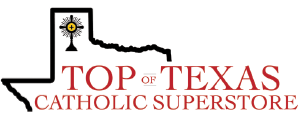
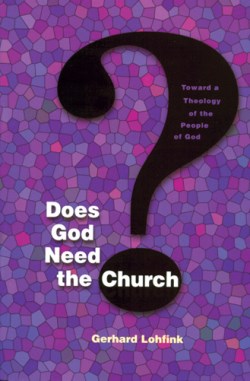
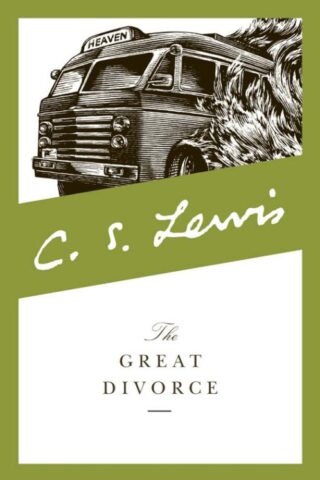
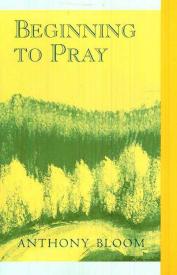
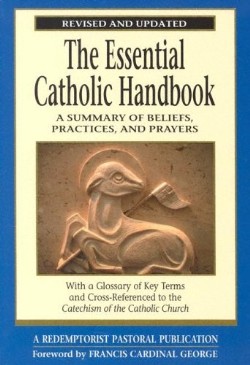
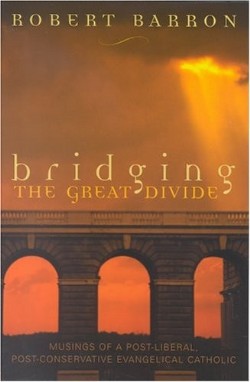
Reviews
There are no reviews yet.